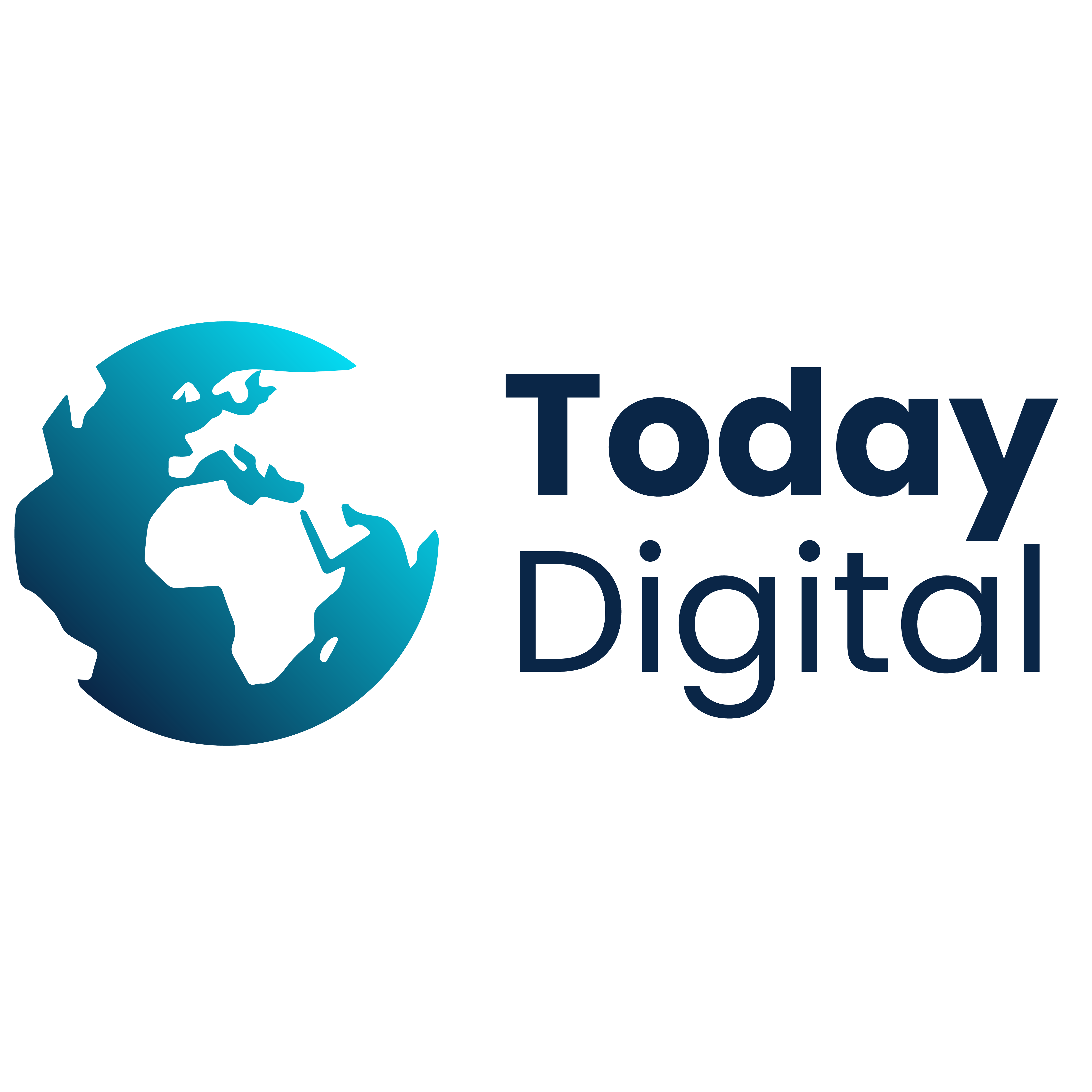Top 10 Digital Marketing Trends in 2025
As the digital world evolves at a rapid pace, businesses must stay ahead of trends to remain competitive. The year 2025 is seeing revolutionary shifts in how brands connect with audiences, driven by advanced technologies, changing consumer behaviors, and stricter privacy regulations. Here’s a deep dive into the top 10 digital marketing trends shaping 2025:
1. AI-Powered Marketing & Hyper-Personalization
Artificial Intelligence (AI) is at the heart of digital transformation in marketing. Brands are leveraging AI to automate and personalize every step of the customer journey.
Key Aspects:
Content Creation: AI tools like ChatGPT, Jasper, and Copy.ai are widely used to generate blog posts, social media content, and email marketing copy.
Predictive Analytics: AI analyzes past behavior to predict future actions, enabling brands to deliver the right message at the right time.
Customer Segmentation: AI can group users based on real-time behavioral data—not just demographics.
Chatbot Automation: Intelligent bots now handle more complex customer service queries, reducing human workload.
Why it matters: Hyper-personalized experiences increase engagement and conversion rates significantly. In 2025, one-size-fits-all marketing is obsolete.
2. Voice Search Optimization
Smart assistants like Alexa, Google Assistant, and Siri are now integral to how users search online.
Trends in Voice Search:
Optimization for long-tail, conversational keywords.
Content structured in natural language to match how people speak.
Focus on local search queries like “near me” services.
Why it matters: By 2025, over 50% of online searches are expected to be voice-based. Businesses ignoring voice SEO risk losing valuable traffic.
3. Video Content Still Dominates – But Short-Form is King
Video continues to be the most engaging form of content, but attention spans are shorter than ever.
What’s Hot:
Short-form videos (15–60 seconds) on TikTok, Instagram Reels, and YouTube Shorts dominate social media.
Vertical videos designed for mobile-first consumption.
Shoppable video ads: Viewers can now shop directly within a video ad.
Why it matters: Short-form video content boosts engagement, drives conversions, and fits seamlessly into mobile user habits.
4. Zero-Click Content & Google’s AI Snippets
SEO is no longer just about getting clicks—it’s about owning SERP real estate.
Strategic Shifts:
Focus on featured snippets, People Also Ask, and Google’s Search Generative Experience (SGE).
Creating content that provides instant answers within Google’s results.
Structured data and FAQ schema become vital.
Why it matters: As Google answers more queries directly on SERPs, brands must adapt to stay visible and relevant.
5. First-Party Data & Privacy-First Marketing
With the death of third-party cookies in 2025, brands are refocusing on ethical data collection.
Best Practices:
Building first-party data through email signups, surveys, and gated content.
Enhancing CRM systems and behavior tracking on owned platforms.
Increasing use of consent-based marketing and transparency in data usage.
Why it matters: Trust and compliance are non-negotiable. Privacy-first strategies protect both brand reputation and long-term ROI.
6. Influencer Marketing 2.0 (Micro, B2B & AI-Created)
Influencer marketing has matured, evolving into more targeted and creative formats.
What’s Trending:
Micro-influencers (1K–50K followers) offer better engagement and niche audiences.
B2B influencer marketing grows, especially on LinkedIn and industry podcasts.
AI-generated influencers (virtual avatars) are now promoting products with surprising authenticity and consistency.
Why it matters: Trust and relatability are key. Audiences connect more with niche influencers than with mega-celebrities.
7. AR & VR Integration in Digital Experiences
Augmented Reality (AR) and Virtual Reality (VR) are reshaping user experiences in marketing.
Real-World Applications:
AR try-ons for fashion, glasses, makeup, and even furniture shopping.
VR showrooms and 360-degree product demos in real estate, automotive, and retail.
Immersive brand storytelling through VR experiences at events and exhibitions.
Why it matters: AR/VR delivers a deeper, more memorable brand experience, influencing purchase decisions and reducing returns.
8. Interactive & Immersive Content
Static content is being replaced by interactive experiences that invite user participation.
Popular Formats:
Quizzes, polls, and calculators to drive engagement.
Gamified experiences that offer rewards or progress-based interactions.
3D visuals that users can rotate or interact with, especially in product pages.
Why it matters: Interactive content boosts time-on-site and improves user satisfaction—two key ranking and conversion factors.
9. Sustainability Marketing & Purpose-Driven Branding
Today’s consumers care deeply about the values behind the brand.
Trending Elements:
Emphasis on ethical sourcing, sustainability, and social impact in marketing.
Displaying carbon footprints, eco-certifications, and ESG initiatives.
Transparent communication about mission, values, and community support.
Why it matters: Purpose-driven brands build stronger emotional connections and brand loyalty—especially with Gen Z and Millennials.
10. Multilingual & Regional Content Strategy
In a globalized digital world, localization is essential for growth.
Key Areas:
Investment in multilingual SEO and localized content.
Culturally relevant marketing for diverse regions, especially Asia, Africa, and the Middle East.
Use of regional influencers and native language ad campaigns.
Why it matters: 72% of consumers are more likely to buy from a website in their own language. Local content builds trust and boosts conversions.
Final Thoughts
Digital marketing in 2025 is smarter, faster, and more human-centric. Brands that embrace AI, respect privacy, and create meaningful, localized experiences will lead the future. Whether you’re a startup or an enterprise, adapting to these trends is no longer optional—it’s essential for survival and growth.
Ready to future-proof your marketing strategy? Start implementing these trends today.

